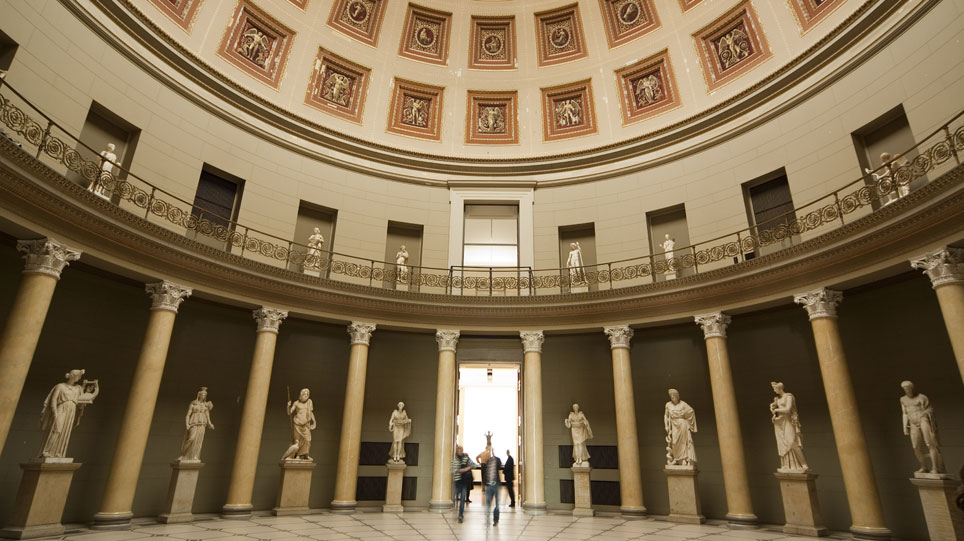In ancient Greece, Mount Olympus stood as the pinnacle of divine majesty, shrouded in myth and reverence. Rising majestically to a height of nearly 9,570 feet (2,917 meters), this mythical mountain loomed over the landscape of northern Greece, its snow-capped peaks piercing the heavens. To the ancient Greeks, Mount Olympus was more than just a geographical landmark; it was the sacred dwelling place of the gods and goddesses who ruled over the cosmos.
According to Greek mythology, Mount Olympus served as the celestial residence of Zeus, the king of the gods, along with his divine retinue of Olympian deities. Here, amidst the clouds and mists, the gods convened to debate, celebrate, and shape the destiny of mortals below. The mountain’s lofty peaks and rugged terrain were believed to be inaccessible to humans, veiled in mystery and awe-inspiring beauty.
For the ancient Greeks, Mount Olympus embodied the intersection of myth and reality, a tangible symbol of their religious beliefs and cultural identity. Pilgrims and devotees from across Greece journeyed to the foot of the mountain to pay homage to the gods, seeking blessings, guidance, and divine favor. The legends and tales of Mount Olympus permeated every aspect of Greek life, inspiring art, literature, and philosophy for centuries to come, leaving an indelible mark on the collective imagination of humanity.
From https://visitolympus.travel/mount-olympus/
☙
Descendant of:
MYTHOLOGY AND THE CLASSICAL WORLDTexts with this theme:
- Dithyrambe, D 47, D 801 (Friedrich von Schiller)
- Lied der Liebe, D 109 (Friedrich von Matthisson)
- Huldigung, D 240 (Ludwig Theobul Kosegarten)
- Die vier Weltalter, D 391 (Friedrich von Schiller)
- An die Harmonie, D 394 (Johann Gaudenz von Salis-Seewis)
- Lebens-Melodien, D 395 (August Wilhelm Schlegel)
- Uraniens Flucht, D 554 (Johann Baptist Mayrhofer)


